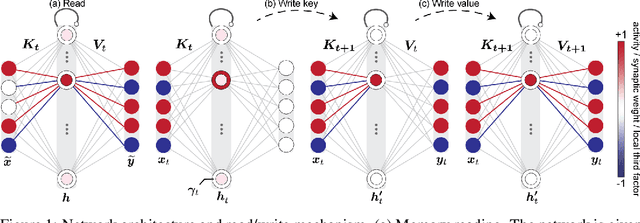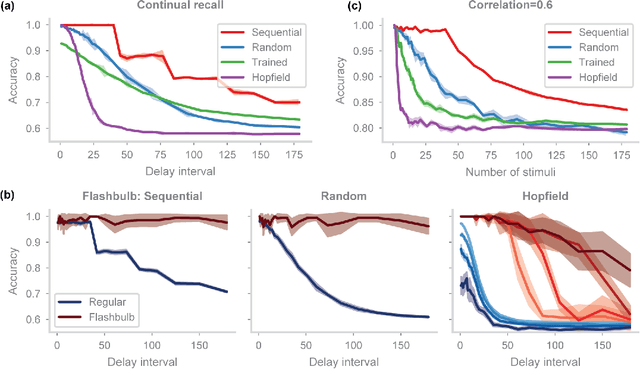Annapurna Vadaparty
Dissecting the Ullman Variations with a SCALPEL: Why do LLMs fail at Trivial Alterations to the False Belief Task?
Jun 20, 2024

Abstract:Recent empirical results have sparked a debate about whether or not Large Language Models (LLMs) are capable of Theory of Mind (ToM). While some have found LLMs to be successful on ToM evaluations such as the False Belief task (Kosinski, 2023), others have argued that LLMs solve these tasks by exploiting spurious correlations -- not representing beliefs -- since they fail on trivial alterations to these tasks (Ullman, 2023). In this paper, we introduce SCALPEL: a technique to generate targeted modifications for False Belief tasks to test different specific hypotheses about why LLMs fail. We find that modifications which make explicit common inferences -- such as that looking at a transparent object implies recognizing its contents -- preserve LLMs' performance. This suggests that LLMs' failures on modified ToM tasks could result from a lack of more general commonsense reasoning, rather than a failure to represent mental states. We argue that SCALPEL could be helpful for explaining LLM successes and failures in other cases.
Biological learning in key-value memory networks
Oct 26, 2021



Abstract:In neuroscience, classical Hopfield networks are the standard biologically plausible model of long-term memory, relying on Hebbian plasticity for storage and attractor dynamics for recall. In contrast, memory-augmented neural networks in machine learning commonly use a key-value mechanism to store and read out memories in a single step. Such augmented networks achieve impressive feats of memory compared to traditional variants, yet their biological relevance is unclear. We propose an implementation of basic key-value memory that stores inputs using a combination of biologically plausible three-factor plasticity rules. The same rules are recovered when network parameters are meta-learned. Our network performs on par with classical Hopfield networks on autoassociative memory tasks and can be naturally extended to continual recall, heteroassociative memory, and sequence learning. Our results suggest a compelling alternative to the classical Hopfield network as a model of biological long-term memory.
 Add to Chrome
Add to Chrome Add to Firefox
Add to Firefox Add to Edge
Add to Edge